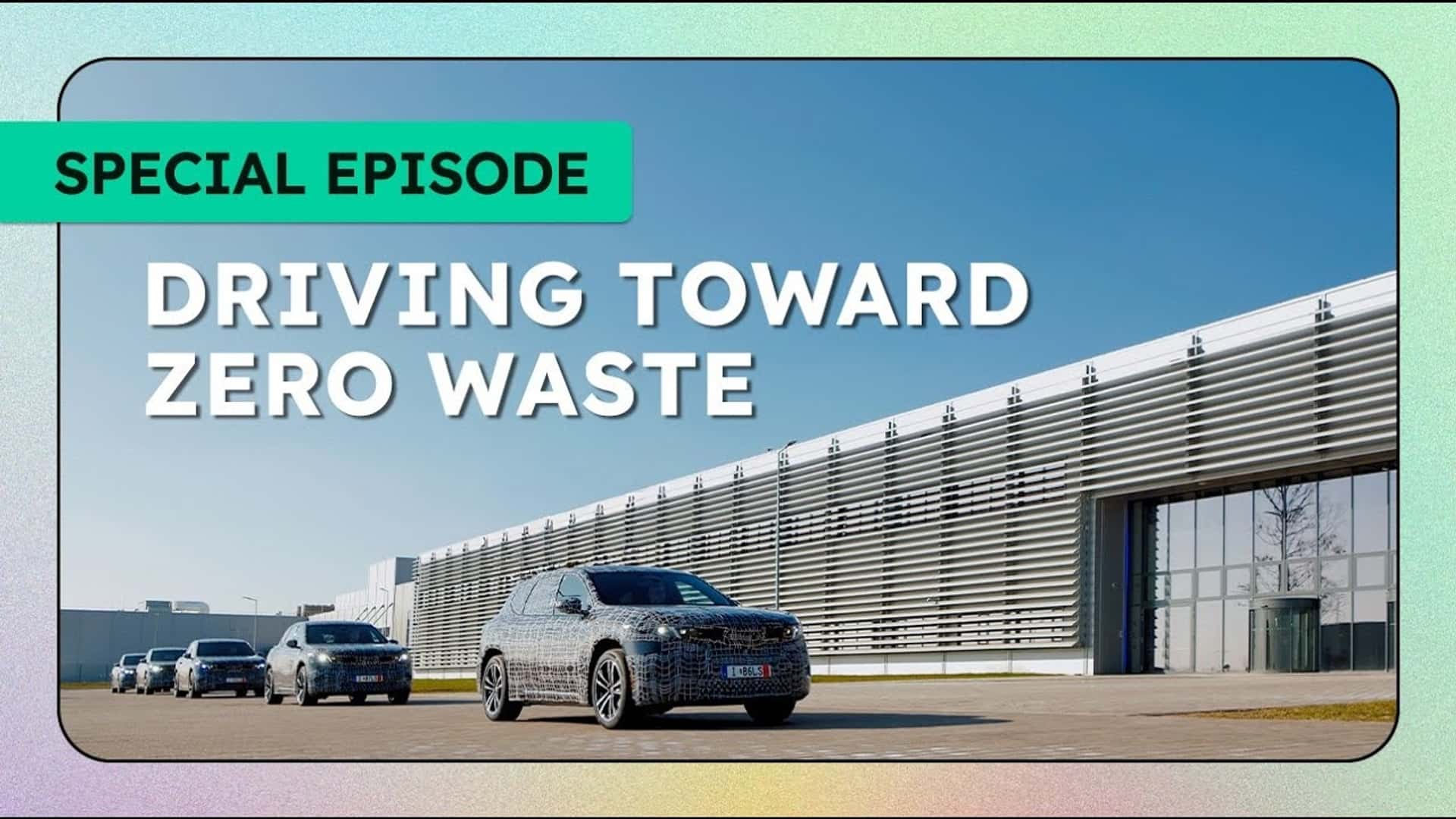The new BMW iX3 is a significant step in the automaker’s commitment to sustainability, featuring a remarkable one-third of its materials sourced from recycled components. This electric vehicle (EV) is designed to push the boundaries of eco-friendly transport, boasting a range of up to 400 miles and 400 kilowatt charging capabilities. As BMW executives discussed during a special episode of the Plugged-In Podcast at Climate Week NYC, the iX3 is not only built with reclaimed materials but is also engineered for recyclability at the end of its life cycle.
The iX3 exemplifies what BMW refers to as the “circular economy.” According to Glenn Schmidt, Vice President of Global Sustainability at BMW, the vehicle’s design process integrates sustainability at every level. “If a BMW iX3 has a secondary raw material quota of one-third, that’s a trailblazer,” Schmidt noted, emphasizing that this initiative sets the stage for future models within BMW’s portfolio to follow suit.
Among the innovative features of the iX3, its front bumper is crafted from repurposed bumpers, and its plastic components come from recycled PET bottles. Significantly, the next-generation batteries in the iX3 incorporate higher proportions of reclaimed metals such as nickel and cobalt, enhancing both energy density and charging speeds compared to earlier models. This shift is part of BMW’s broader strategy to strengthen supply chains for recycled battery materials, which was also highlighted in the podcast.
The environmental benefits of the iX3 are substantial. BMW claims that the iX3 has a reduced carbon footprint, becoming cleaner than a comparable gasoline vehicle after just one year of operation, even when factoring in emissions from manufacturing. This development underscores BMW’s commitment to reducing its overall environmental impact while delivering cutting-edge technology.
In addition to environmental advantages, the focus on recycled materials presents a business opportunity for BMW. As Schmidt and his colleague Nils Hesse explained, utilizing reclaimed materials diversifies supply chains and mitigates geopolitical risks, particularly in relation to reliance on countries like China for raw materials. This strategic approach not only helps in achieving sustainability goals but also enhances the robustness of BMW’s operational framework.
The iX3’s introduction marks a pivotal moment for BMW, showcasing the automaker’s dedication to innovation in both technology and sustainability. As the company prepares to expand its use of recycled materials across its vehicle lineup, the iX3 stands as a model for future developments in the automotive industry.
For those interested in deeper insights, the full discussion is available on the InsideEVs Plugged-In Podcast, accessible on various platforms including Apple and Spotify. The episode provides an in-depth look at the strategies behind BMW’s sustainability efforts and the implications for the future of electric vehicles.
